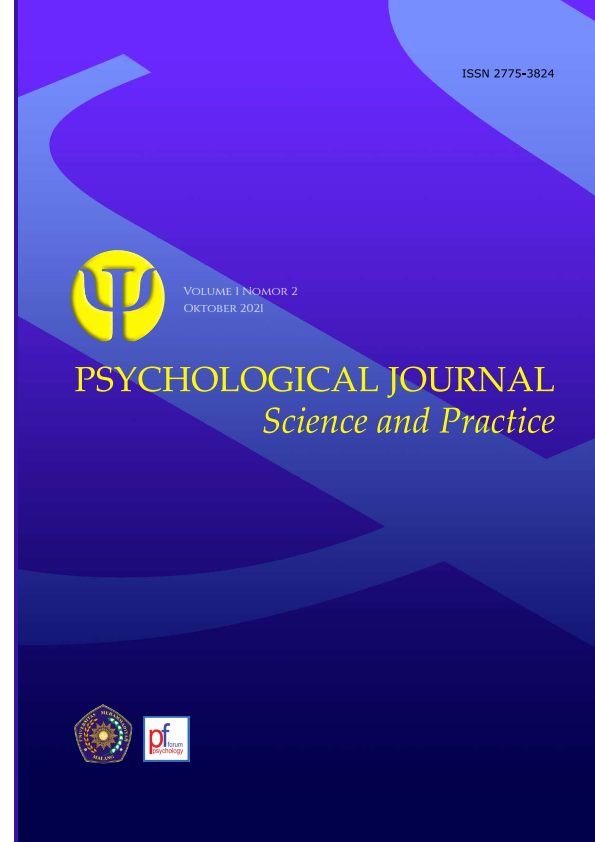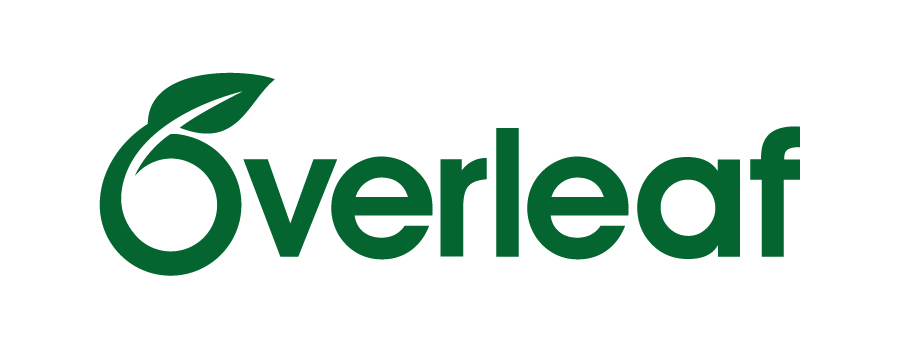Pengalaman orang tua anak berkebutuhan khusus dalam mendampingi pembelajaran jarak jauh selama pandemi Covid–19
DOI:
https://doi.org/10.22219/pjsp.v1i2.19031Keywords:
Covid-19, distance learning, disabilities parentsAbstract
The widespread prevalence of the Covid-19 pandemic has affected academics and parents alike. Due to the sudden closure of schools, students are missing out on social interactions that are essential for learning while most schools have started distance learning. It has become a tough routine for the parents working online at home as they have to ensure the education of their children. This research is descriptive qualitative research using a phenomenological approach to explore the experiences of parents who have children with special needs in accompanying distance learning during the Covid-19 pandemic. A total of 15 subjects who have children with special needs attending SLBN Pembina Malang were selected as resource persons for interviews in person (online interview). Four themes emerged from the results of data collection: (1) obstacles faced by parents; (2) the support provided by the school; (3) strategies used by parents to support learning; (4) expectations of future parents. The results of this study can be used as a reference and recommendation for educators and policymakers in the implementation of further distance learning.
Downloads
References
Adnan, M. (2020). Online learning amid the COVID-19 pandemic: Students perspectives. Journal of Pedagogical Sociology
and Psychology, 1(2), 45–51.https://doi.org/10.33902/jpsp.2020261309
Aji, S. R. H. (2020). Dampak COVID-19 pada pendidikan di indonesia: Sekolah, keterampilan, dan proses pembelajaran.
Jurnal Sosial & Budaya Syar-I, 395-402.https://doi.org/https://doi.org/10.15408/sjsbs.v7i5.15314
Alase, A. (2017). The interpretative phenomenological analysis (IPA): A Guide to a good qualitative reseach approach.
International Journal of Education and Literacy Studies, 5.https://doi.org/DOI:10.7575/aiac.ijels.v.5n.2p.9
Bhamani, S., Makhdoom, A. Z., Bharuchi, V., Ali, N., Kaleem, S., & Ahmed, D. (2020). Home learning in times of COVID:Experiences of parents. Journal of Education and Educational Development, 7(1), 9.https://doi.org/10.22555/joeed.v7i1.3260
Cahapay, M. . (2020). How Filipino parents home educate their children with autism during Covid-19 period. International
Journal of Developmental Disabilities.https://doi.org/https://doi.org/10.1080/20473869.2020.1780554
Chomaidi & Salamah. (2018). Pendidikan dan pengajaran: Strategi pembelajaran sekolah. Jakarta: PT.Grasindo.
Duraku, Z.H. & Nagavci, M. (2021). The impact of the COVID-19 pandemic on the education of children with
disabilities. Teaching & Learning in COVID-19 times study.https://omeka.cloud.unimelb.edu.au/teaching-and-learningin-a-pandemic/items/show/154.
Helaluddin. (2018). Mengenal lebih dekat dengan pendekatan fenomenologi: Sebuah penelitian kualitatif. UIN Maulana
Malik Ibrahim Malang, March, 1–15.
Iftitah, S. L., & Anawaty, M. F. (2020). Peran orang tua dalam mendampingi anak di rumah selama pandemi Covid-19. JCE
(Journal of Childhood Education), 4(2), 71.https://doi.org/10.30736/jce.v4i2.256
Kaminski, J. W., Valle, L.A., Filene, J.H., & Boyle, C.L. (2008). A meta-analytic review of components associated with parent
training program effectiveness. University of York.http://www.springerlink.com/content/b768643g20165377/
Krishnan, I. A., Mello, G. De, Kok, S. A., Sabapathy, S. K., Munian, S., Ching, H. S., Kandasamy, P., Ramalingam, S., Baskaran,
S., & Kanan, V. N. (2020). Challenges faced by hearing impairment students during COVID-19. Malaysian Journal
of Social Sciences and Humanities (MJSSH), 5(8), 106–116.https://doi.org/10.47405/mjssh.v5i8.472
Krishnapatria, K. (2020). From ‘lockdown’ to letdown: Students’ Perception of E-learning amid the COVID-19 Outbreak. ELT
in Focus, 3(1), 1–8.https://doi.org/10.35706/eltinfc.v3i1.3694
Lutfiah, S. Z. (2020). Persepsi orang tua mengenai pembelajaran online di rumah selama pandemi COVID-19. Idealektik, 2(2), 69–73.
Mastura, M. & Santaria, R. (2020). Dampak pandemi Covid19 terhadap proses pengajaran bagi guru dan siswa. Jurnal
Studi Guru dan Pembelajaran, 289–295.https://doi.org/https://doi.org/10.30605/jsgp.3.2.2020.293
Mauludy, N., B. (2020). Dampak COVID-19 terhadap penerapan “Belajar Daring” pada siswa luar biasa di SD Bandar
Kidul 2 Kota Kediri. Prosiding Seminar Nasional 2020 ”Penguatan Pendidikan Karakter pada Era Merdeka Belajar”,
September 2020. LP3M Universitas Negeri Surabaya.
Sari, D.P., & Paska, S. (2021). Pengalaman orang tua anak berkebutuhan khusus mengenai pembelajaran daring selama
pandemi COVID-19. Jurnal Pendidikan Khusus (JPK), 17(1), 11–19.https://doi.org/10.21831/jpk.v17i1.37216
UNESCO. (2020, April). COVID-19 crisis and curriculum: Sustaining quality outcomes in the context of remote
learning (pp. 1–6).https://unesdoc.unesco.org/ark:/48223/pf0000373273

Downloads
Published
How to Cite
Issue
Section
License
Copyright (c) 2022 Desi Sukma Puspita Sari

This work is licensed under a Creative Commons Attribution-ShareAlike 4.0 International License.
Authors who publish with Psychological Journal: Science and Practice (PJSP) agree to the following terms:
- For all articles published in Psychological Journal: Science and Practice (PJSP), copyright is retained by the authors. Authors give permission to the publisher to announce the work with conditions. When the manuscript is accepted for publication, the authors agree to automatic transfer of the publishing right to the publisher.
- Authors retain copyright and grant the journal right of first publication with the work simultaneously licensed under a Creative Commons Attribution-ShareAlike 4.0 International License that allows others to share the work with an acknowledgment of the work's authorship and initial publication in this journal.
- Authors are able to enter into separate, additional contractual arrangements for the non-exclusive distribution of the journal's published version of the work (e.g., post it to an institutional repository or publish it in a book), with an acknowledgment of its initial publication in this journal.
- Authors are permitted and encouraged to post their work online (e.g., in institutional repositories or on their website) prior to and during the submission process, as it can lead to productive exchanges, as well as earlier and greater citation of published wor (See The Effect of Open Access).
This work is licensed under a Creative Commons Attribution-ShareAlike 4.0 International License.







